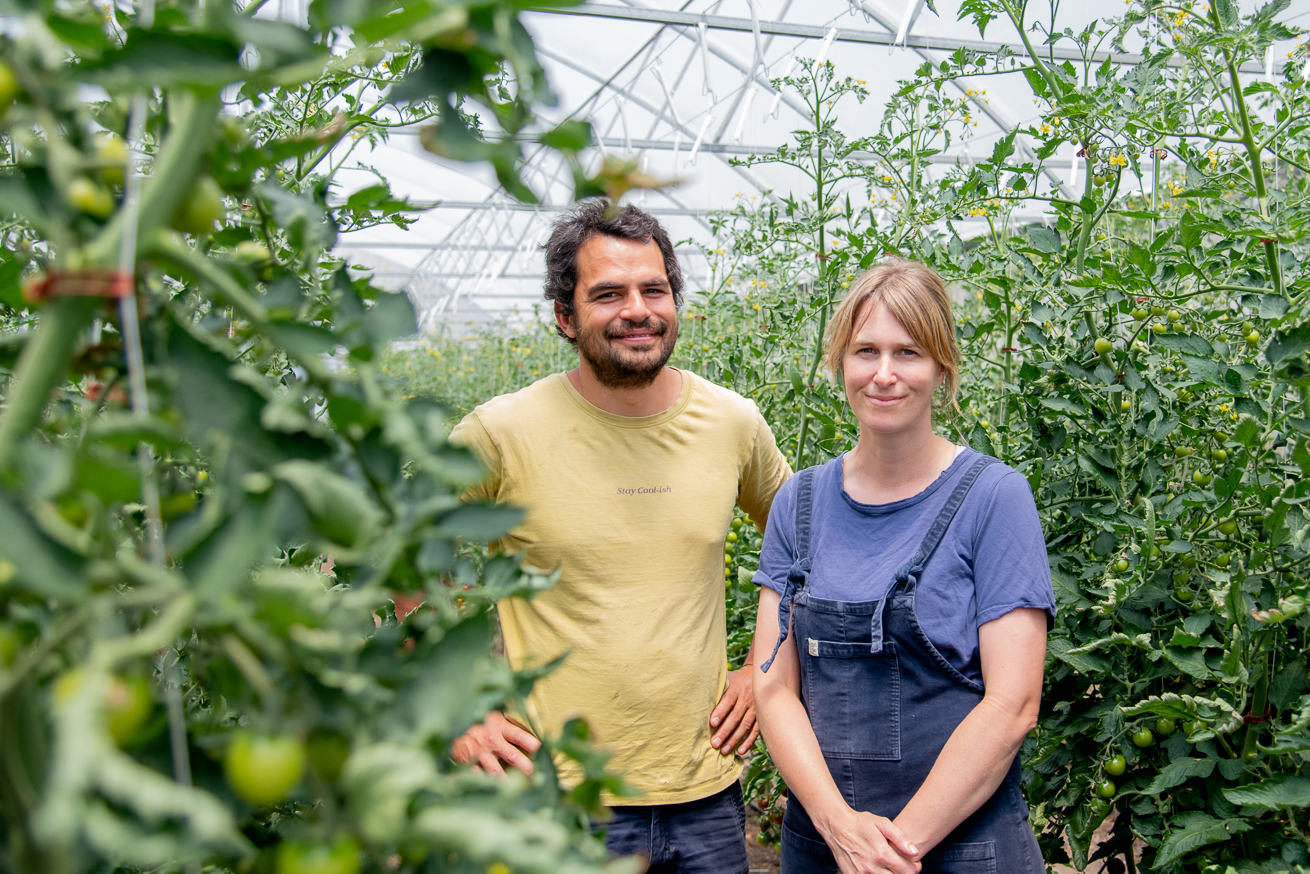We work closely with the Latrobe Health Assembly, Latrobe Health Advocate, Federation University, TAFE Gippsland and local health providers to ensure a skilled workforce to meet the needs of the growing health and wellbeing sector across Gippsland.
It’s one of the largest employers in Gippsland and is expected to continue to grow due to an ageing population, public policy and the shifting focus on wellbeing driving change in health and wellbeing services across the region.
Health services include medical, nursing, pharmacy, allied health, hospital, community services and disability, while wellbeing services relate to tourism, healthy aging, beauty, fitness and alternative medicines.
We aim to build a strong regional health and wellbeing system for Gippsland to future proof the workforce, provide innovative products and services, and support a healthy, connected and prosperous community by contributing to:
- A Health and Wellbeing sector that has established networks and systems to enable ongoing innovation and growth opportunities
- A Health and Wellbeing sector that builds partnerships and networks to maximise opportunities and influences system wide innovation and workforce growth
- Ongoing sector capability to develop networks, systems and initiatives to meet its future workforce needs
- Community lead engagement and accessible and inclusive places that contribute to a connected Latrobe Valley
Gippsland Health and Community Services PathwaysLife Changing Careers in Health and Community ServicesWe partnered with Federation University to create a series of videos to promote Health and Community Service Pathways in Gippsland. Recommendations from Gippsland’s Future Health and Community Services Workforce report stated that in order to support and increase the sector’s workforce, a greater awareness of opportunities and pathways needed to be supported. Priority careers were taken from the Health and Community Services workforce working groups. Federation University led the project with support from numerous education and training organisations in Gippsland. A series of 10 videos was produced, profiling current students and graduates to demonstrate their different study and career journeys in Gippsland’s Health and Community Services sector. The videos feature both mature-age students and recent school-leavers, and cover a range of disciplines within the sector. The promotional videos and supporting collateral are available for use by the community, education and industry. ResourcesDownload Gippsland's Future Health and Community Services Workforce report here. |
Human Connections ReportThe Human Connections in Latrobe campaign is being delivered by the Latrobe Health Advocate in partnership with the Latrobe Valley Authority, The Latrobe Health Assembly, Latrobe City Council and the Department of Families Fairness and Housing. This campaign was identified in the Latrobe Health Advocate’s 2019-20 Statement of Intent as a Community Priority Campaign. A report addressing social connection in Latrobe has recently been compiled which aims to identify the breadth of programs that have an impact on preventing and/or limiting social isolation within their communities. This research looks at definitions of social connection and interchangeable terms, consistent themes in the literature, case studies of social connection and some examples framework by which the campaign may assess its impact. ResourcesDownload the Human Connections Report here. |
Career Mapping Project ReportThe aim of this project is to promote career pathways in the health and community services sector in Gippsland. The Latrobe Valley Authority (LVA) Career Pathways Project, led by the Collaborative Evaluation and Research Group (CERG) at Federation University, was an initiative in response to recommendations from the 2019 Swinburne University report, ‘Modelling Gippsland’s Future Health and Community Service Workforce: Summary Report’, which highlighted the need for strategic workforce development in the region. There are three resources that were developed as part of this project - ten promotional videos showcasing local career pathways, a supporting pathways booklet stepping out the pathways for the career opportunities, and the careers guide, which provides information about where to find information about local training courses and acts as a directory. The findings of this report effectively highlighted the diversity and security of careers in Gippsland’s fastest growing industry. The use of local stories and a cohesive design strategy ensured the resources resonated well within the community. The project provides valuable resources for career development, strengthens communities, and supports regional economic growth. ResourcesDownload the Career Mapping Project Final Report here. |
Health Innovation ReportUsing the Smart Specialisation approach, engaging key partners in a three-phase process – discovery, inquiry, and design – the Collaborative Evaluation and Research Group (CERG) at Federation University in partnership with Latrobe Valley Authority delivered the Health Innovation Project. This project aimed to address health delivery, access and service usage across Gippsland, and generate evidence-based solutions to tackle complex health needs. Key findings included the identification of themes such as digital health, community resilience, place-based solutions, and data sharing. The project facilitated collaborative problem-solving and idea generation, highlighting the potential of innovative ideas despite workforce challenges. The design phase produced a co-designed business case for a digital health worker, showcasing the benefits of scenario planning and partner collaboration. Among others, the project recommended the piloting of the Digital Health Worker model to address health inequalities. This collaborative approach underscores the potential for innovative solutions to regional health challenges. ResourcesDownload the Health Innovation Report here. |
Page last updated: 28 Jun 2024

